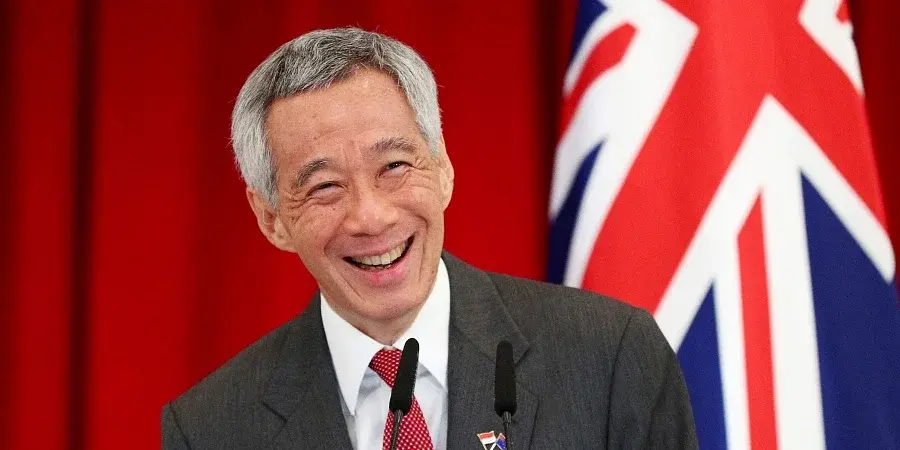When will generative AI be regulated?
- Geek Otter
- Jan 2, 2024
- 2 min read
The recent deepfakes of Lee Hsien Loong and Lawrence Wong were easily dealt with. The people being faked were the incumbent and upcoming Prime Ministers - creating such a stir that the vigilant Singaporeans could warn the blurrer ones - hey, this is a fake. Easy enough. The problem is that those videos were only small warning bells, heralding the next wave of scams that we must deal with.
Generative AI will power the new wave of scams and influence.
Generative AI can overwhelm the internet space with fake news of any and every politician, and even trusted members of society such as academics, policemen or news anchors. It will cause havoc amongst the public. Scams come to mind, first and foremost. But beyond that, we may reach the point where public trust is seriously undermined, and fake news reaches a new level of plausibility that outstretches even the more vigilant digital natives.
How to deal with generative AI?
Generative AI is a new technology, and a rapidly evolving one as well. Governments all around the world struggle to properly understand its capabilities, let alone regulate it. But there has to be an attempt to do so. China is actually one of the first countries to do so. In January 2023, China introduced a regulation called Deep Synthesis Provisions, requiring watermarks on all AI-generated content. Beyond this, generative AI service providers were also subject to strict regulations regarding Know Your Customer (KYC) procedures and other cybersecurity standards. It is a good start.
What is Singapore doing?
Singapore has no regulations at present, a glaring problem that must be addressed urgently. There is ample motivation to do so, as a country that prides itself on its digital connectivity. And there is ample ability to do so - Singapore is well known for our ability to implement and enforce laws effectively. We may be doing so soon. There is a ASEAN Digital Ministers' meeting schedule for early 2024, where Singapore is chair. An AI governance and ethics guide is expected to be announced then.
Generative AI has developed to the point where a 3-minute clip is enough for a person's voice pattern to be mapped. We must remain abreast of the dangers of generative AI. Or maybe speak more Singlish to confuse the AI. Can or not?
Have a story? No story is too small. Chat with us at sgtelltale@outlook.com








Comentarios